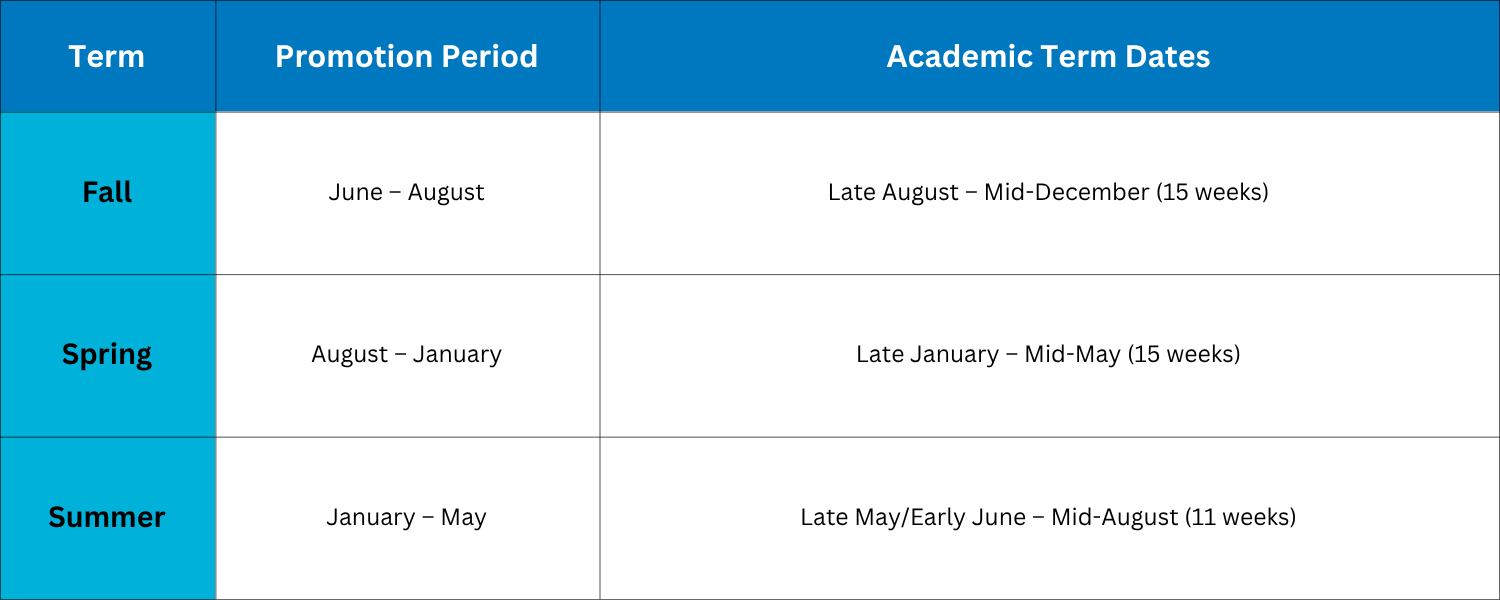Become a Preceptor
Thank you for partnering with the Office of Experiential Learning (OEL). Preceptors play a vital role in mentoring MPH and MS students and shaping the next generation of public health professionals. In return, you gain valuable support from highly skilled students trained in data analysis, program planning, evaluation, health communications, policy research, and more.
What is fieldwork?
Fieldwork is a 180-hour applied learning experience completed over one academic term (Fall, Spring, or Summer). It is a required, for-credit component of the following programs:
- MPH in Environmental & Occupational Health Sciences (EOHS)
- MPH in Epidemiology & Biostatistics (EpiBios)
- MPH in Health Policy & Management (HPAM)
- MPH in Public Health Nutrition (PHN)
- MPH in Sexual and Reproductive Justice & Health (SRJH)
- MS in Population Health Informatics (PopHI)
Students complete fieldwork at an approved host organization under the supervision of a preceptor. Projects can take place in-person, remotely, or in a hybrid format, and must result in at least two concrete deliverables. This experience allows students to apply classroom learning in real-world settings—developing, managing, evaluating, or leading evidence-based public health projects while earning 3 academic credits.
Who can host a student?
Approved fieldwork sites include organizations that research, provide, plan, coordinate, fund, or regulate public health services. These may include:
-
Government agencies
-
Hospitals or clinics
-
Community-based organizations
-
Policy think tanks or consulting firms
-
Research institutions
-
Advocacy groups
-
Global health organizations
-
For-profit institutions with a public health mission
What types of projects are appropriate?
Fieldwork projects must offer students the opportunity to contribute to real, meaningful public health work. Projects may focus on program planning, implementation, applied research, community health education, advocacy, or other appropriate public health-related efforts. They may be completed in-person, remotely, or in a hybrid format.
All projects should be structured, skills-based, and aligned with the competencies of the student’s degree program. To ensure a strong learning experience, projects should:
- Address a clear public health issue or goal
- Be achievable within the 180-hour timeframe
- Include clearly defined goals, activities, and deliverables
- Support the student’s academic and professional development
By the end of the fieldwork experience, students are expected to complete at least two substantive deliverables for the host site.
You can view examples of past fieldwork projects here.
Example Project Titles
- Interim Evaluation of Albany Medical Health System’s Childhood Food Insecurity Program
- Understanding New York City’s Workforce at Risk During Public Health Emergencies: Preparedness and Future Response Strategies
- Exploring the Social Determinants of Nutrition-Induced Caries in Oral Health Among Lower and Higher-Income Patients at a Dental Clinic in New York City
- Machine Learning Analysis to Risk Factors Associated with SSoD among PLWH and Childhood Health Conditions
- The Impact of Climate Change on Lyme Disease Diagnosis in the US: Dashboard Development and Descriptive Analysis
- Quality Improvement Analysis of Symptom Data within the NYC Department of Health and Mental Hygiene’s Tuberculosis Surveillance System
- HIPAA and Privacy Regulations in Correctional Facilities: An Assessment on Inmates Safety and Healthcare
Example Deliverables
- Literature reviews or systematic reviews
- Needs assessments and asset mapping
- Survey design, implementation, analysis, and reporting
- Key informant interviews and recruitment protocols
- Environmental scans and stakeholder analyses
- Dashboard or data visualization development (e.g., Tableau, Power BI)
- Database creation, cleaning, or optimization
- GIS mapping or spatial risk assessment
- Workflow analysis and process improvement diagrams
- Policy briefs, memos, or legislative tracking
- Social media toolkits, infographics, or community-facing health education materials
- Program logic models and evaluation frameworks
- Statistical analysis using R, SPSS, SAS, Python, or Excel
- Monitoring and evaluation reports
- Grant proposals or budget/resource planning tools
- Health risk assessments related to environmental or occupational exposures
- Strategic planning documents or implementation roadmaps
- Advocacy strategies, stakeholder maps, or testimony drafts
- Training guides, onboarding materials, or facilitator handbooks
- Comparative health system or program analyses
- Population health information system mockups or usability feedback summaries
- Ethics, confidentiality, and data security plans for informatics or research projects

